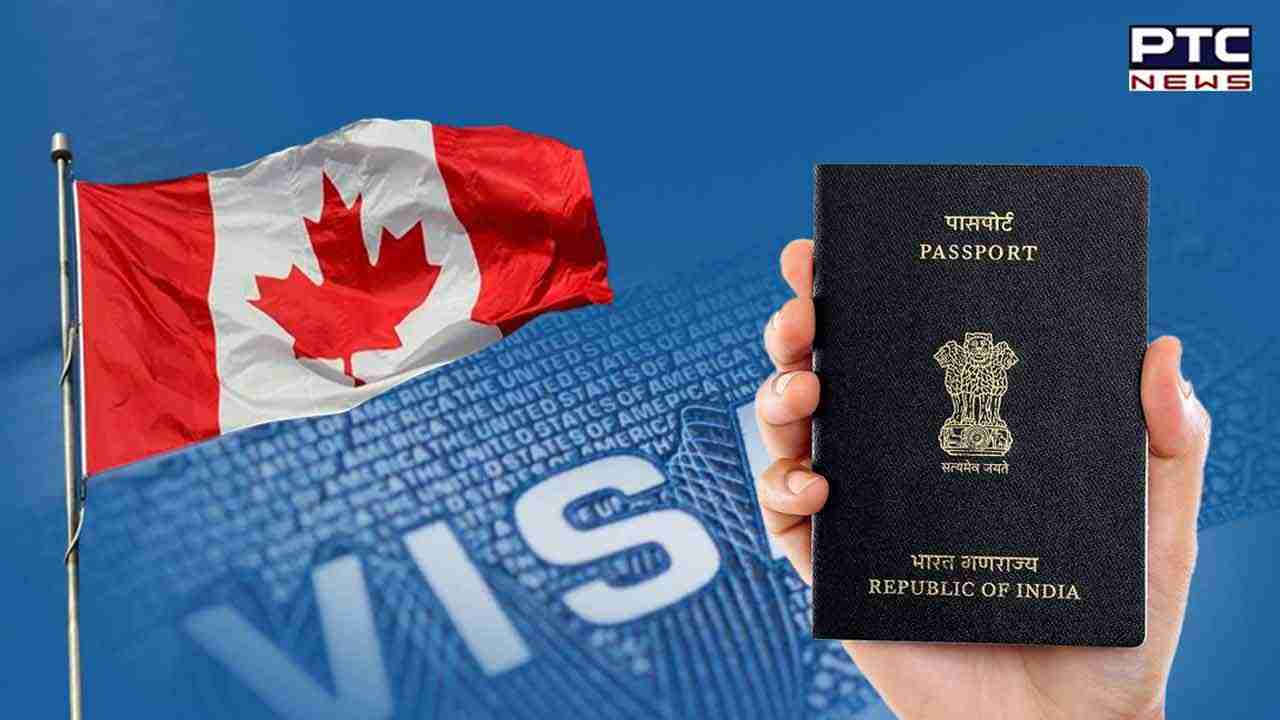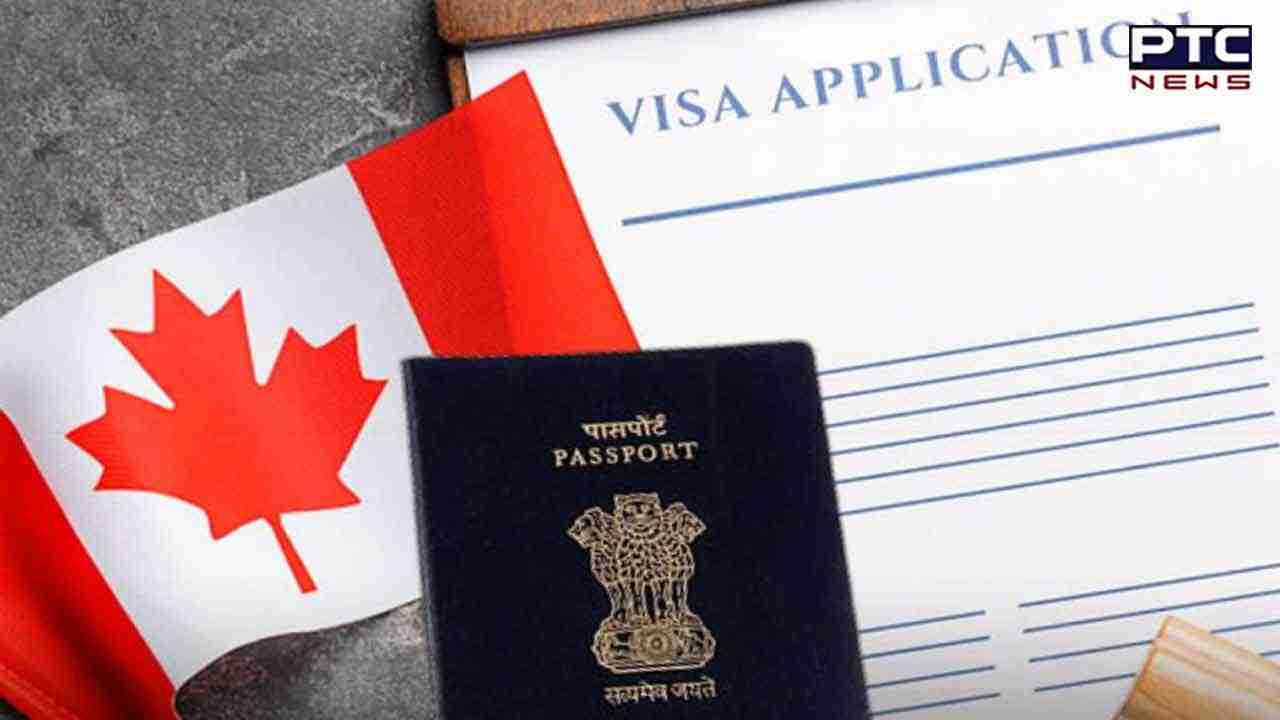

Opinion: Planning to move to Canada? Be prepared to wait longer!
PTC Web Desk: The recent diplomatic rift between Canada and India, triggered by allegations of India's involvement in the killing of Sikh activist Hardeep Singh Nijjar, has significant implications across various dimensions. One of the notable repercussions of this escalating tension is the potential disruption of visa services, impacting those seeking immigration and the wider India-Canada bilateral relationship.
In a recent incident, Canada has withdrawn 41 diplomats from India, citing concerns that New Delhi might revoke their diplomatic immunity. Consequently, Canada is now left with just 21 officials to oversee its embassy and consulates in India.
This substantial reduction in diplomatic personnel is expected to affect the efficiency of Canada's facilities in India, leading to longer processing times for visas and immigration applications. For individuals aspiring to move to Canada, this could result in delays and obstacles in securing the necessary approvals.

Canada has been a preferred destination for Indian immigrants, with India serving as the primary source of permanent residents, temporary foreign workers, and international students in Canada. The downsizing of consular services and the slower visa processing will create a backlog of applications. Reports suggest that approximately 17,500 application decisions could be postponed until the end of December, potentially causing frustration and anxiety for applicants.
Nonetheless, it is imperative for both countries to navigate this complex situation with care to ensure that the dispute does not cause lasting harm to their bilateral relations. India and Canada must prioritise diplomatic dialogue to address the concerns and grievances raised by both sides. The expulsion of diplomats and the issuance of travel advisories by both nations have only exacerbated tensions.
_0fbd6a132ecc8b8ed671ee88a3130ee6_1280X720.webp)
In the long run, the strained relations between India and Canada may also have implications for broader economic and political ties. The two countries share interests in trade, education, technology, and various other sectors. The escalation of the dispute could lead to reluctance on both sides to engage in effective collaboration, hindering the potential for mutual growth and cooperation.
It is imperative for India and Canada to emphasise open and constructive dialogue to de-escalate the situation. Resolving the diplomatic dispute and reestablishing cordial relations is not only in the best interests of both countries, but also for individuals seeking improved prospects through immigration.
- PTC NEWS
